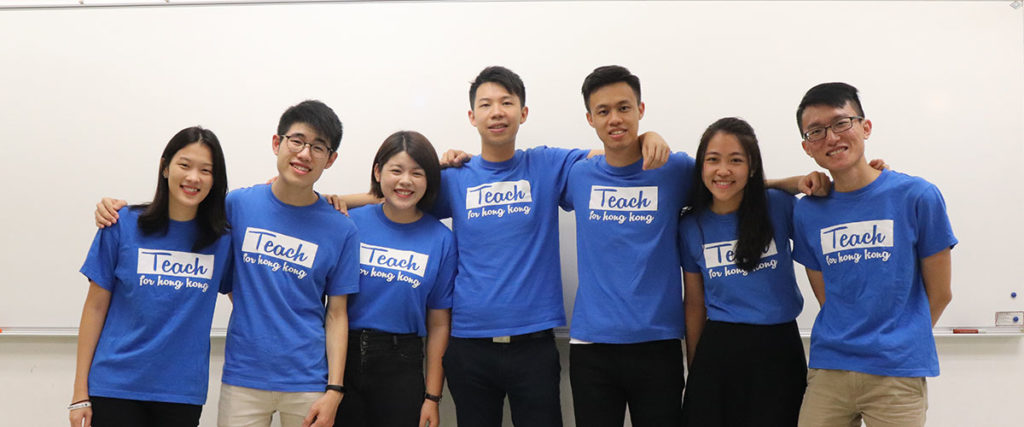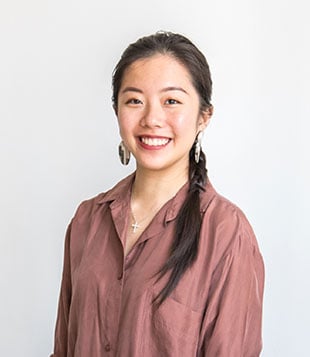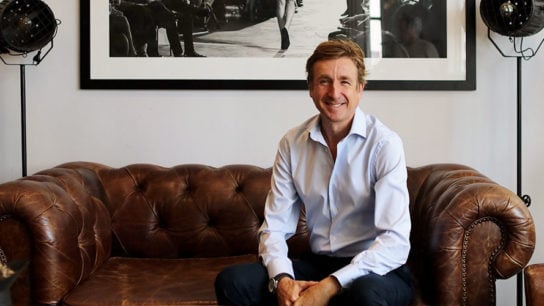So you think Hong Kong’s education system is fair and equitable for all? Harvard MBA grad and Goldman Sachs alum Arnold Chan, founder of nonprofit Teach For Hong Kong, tells us why it’s not, and how he and some of the city’s brightest graduates intend to effect a change from within.
In the eyes of his counterparts, 29-year-old Arnold Chan has led a triumphant life. The straight-A student went to a prestigious local school in Hong Kong, obtained a degree in Global Business Studies at The Chinese University of Hong Kong, an MBA at Harvard University, and then built a promising career at Goldman Sachs. But he does not take that success for granted. “I was lucky,” he says of his accomplishments. “I got a lot of opportunities from the local Hong Kong education system because my skill set coincided with what the exam system requires. And, I was fortunate that my family could afford a lot of activities for me, so I got into a good school.”
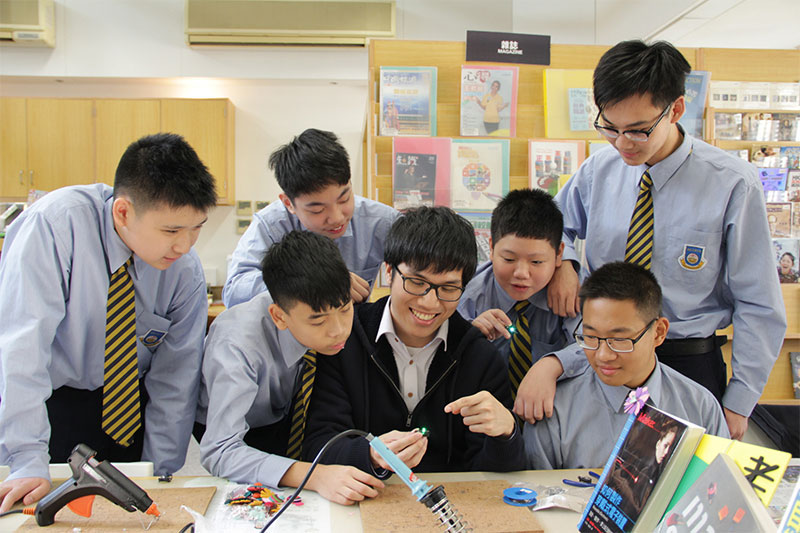
Arnold is acutely aware that not everyone is blessed with such privileges. While the Hong Kong education system seems to provide the same education for all, research suggests that there’s actually a considerable gap in opportunity between lower-income students and those on the more fortunate side of life. It’s an issue that caught Arnold’s attention when he volunteered, aged 11, to tutor children from low-income families living in Hong Kong’s infamous subdivided flats as part of the ‘children’s council’ program, which aims to engage students in social issues. “Those kids were just as talented,” he remembers. “But their lack of exposure made it difficult for them to break through the poverty trap. They didn’t have a vision of their future. It crushed their sense of possibility.”
Years later, that memory lingered. In 2014, unfulfilled by his corporate life, Arnold left Goldman Sachs and went on to pursue an MBA at Harvard, volunteering at Teach For China, an initiative designed to raise a new breed of leaders to tackle education inequality along the way. It was here that his idea for Teach For Hong Kong was conceived as a means of addressing the Hong Kong education system and closing the gap.
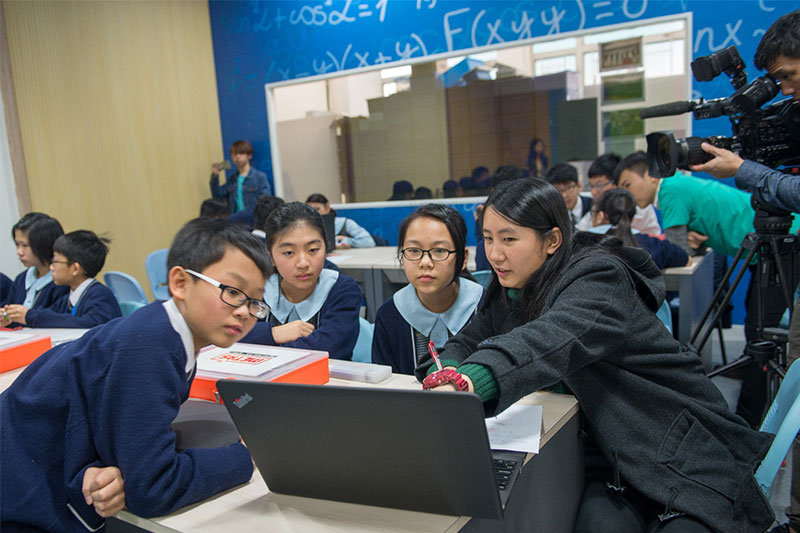
“What perpetuates education inequality is the lack of understanding in society – understanding what the kid needs, what the schools that serve these children need; in a broader sense, what kind of policies and resources are needed to mitigate inequality in education in Hong Kong,” he explains. And that inequality is stark. Official figures from Hong Kong’s Census and Statistics Department reveal that, among the 281K children living under the poverty line in Hong Kong, only 1 out of 10 is admitted to university. In comparison, 1 out of every 2 students from better-off families is able to access higher education.
It was with the intent of tackling this inequality within the Hong Kong education system that Arnold founded Teach For Hong Kong in 2015. “The core of our mission is to nurture leaders in various social sectors to drive changes in education,” he says. Every year, the nonprofit enlists some of the city’s brightest graduates from various disciplines, sending them to teach in grassroots schools for a year with a monthly stipend of HKD 12,000. Started off with only 6 fellows 3 years ago, the nonprofit now oversees 34 giving lessons in 19 different schools, is endorsed by former Hong Kong financial secretary Mr John Tsang and works in partnership with industry leaders such as KPMG, Esquel Group, and Hong Kong MTR. The premise of the model is that, by placing these potential changemakers in the classroom, they get a better picture of the difficulties and barriers, translating that into educational innovation in the future. “We hope that the teaching experience instils a sense of mission in these fellows so that, after the fellowship, they can go back and make changes in their own sector.”
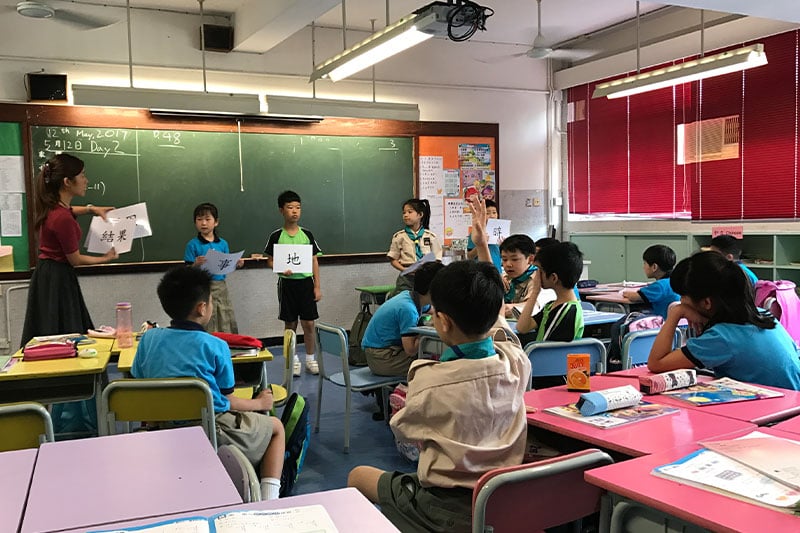
That hope is bearing out. Last year, 2 Teach for Hong Kong fellows, Raymond Yang and Matthew Kwok co-founded Just Feel — a nonprofit dedicated to addressing the unmet emotional needs of low-income students and provide communication training through card games and workshops. “1 out of 5 of all new social enterprises in the States is founded by a Teach For America alum, I want to drive that same kind of movement here in Hong Kong. It’s encouraging to see something is already happening,” says Arnold.
“Education is interlinked with everything else in society,” states Arnold. “Our society shapes education and vice versa.” For him, the responsibility of eliminating inequality in society and improving the Hong Kong education system should be shouldered by all parties. “Leaders and entrepreneurs in all sectors, or those who aspire to be one, should put on their social hat. Let’s not forget that, behind Hong Kong’s prosperity, its Gini coefficient remains the highest across all developed economies. It is still a very unequal place for a lot of people.”
